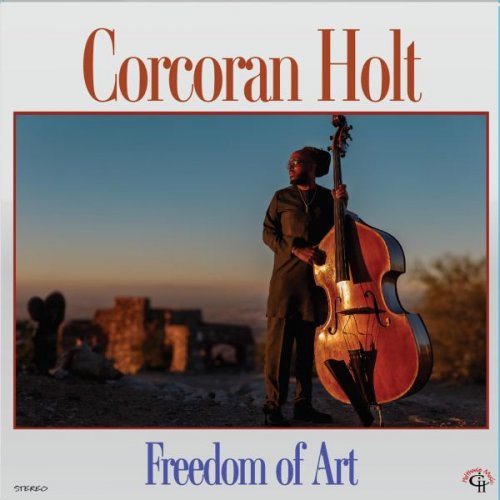Keith Jarrett - Solo-Concerts: Bremen & Lausanne [2CD] (1973) [Japanese Remastered 2001]
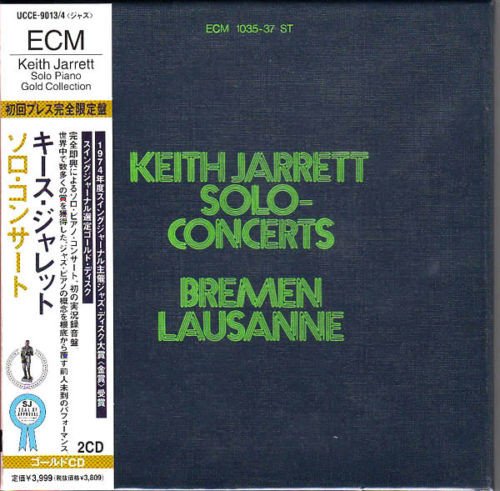
Artist: Keith Jarrett
Title: Solo-Concerts: Bremen & Lausanne
Year Of Release: 1973/2001
Label: ECM Records [UCCE-9013/4]
Genre: Jazz, Contemporary Jazz
Quality: 320 kbps / FLAC (tracks+cue, log) / WAV (tracks)
Total Time: 2:08:14
Total Size: 293 mb / 451 mb / 1.26 gb
WebSite: Album Preview
Title: Solo-Concerts: Bremen & Lausanne
Year Of Release: 1973/2001
Label: ECM Records [UCCE-9013/4]
Genre: Jazz, Contemporary Jazz
Quality: 320 kbps / FLAC (tracks+cue, log) / WAV (tracks)
Total Time: 2:08:14
Total Size: 293 mb / 451 mb / 1.26 gb
WebSite: Album Preview
In his timeless solo concerts, Jarrett displays the uncanny ability to drop himself into a piece of improvised music as if it has been playing invisibly in the ether all along, requiring him only to pick up from whichever measure he encounters and leave the music to continue on after he has left the stage. This album predates Jarrett’s Köln concert by just two years and was the one that really put him on the map before that legendary successor. Yet we cannot simply say that Jarrett is channeling the cosmos and leave it at that, for he inhabits a melodic space that is tangible, his own. Though filed under jazz, this music is something far more than any generic summary could express. Still, I persist in trying.
The work in Bremen feels to me like travel. In Part I, we run through many modes of transportation: from air to earth to rail, we are given a glimpse of new places and spaces (both inner and outer). We don’t so much physically as emotionally go there, feeling our way through unfamiliar territory as if it were our very home. Part II has a more decidedly gospel feel to it, rushing headlong into an ecstatic communion. For nearly 45 minutes, Jarrett manages to ride a wave of endless creative fervor as if every moment were not the last, but the first. Just then, halfway through, the mood darkens. Until now we have been heading for the sun when suddenly we are looking back to the earth, thinking of all that we would miss: the sensation of water trickling through our fingers, kisses upon our children’s foreheads, the rustling of wind blowing through our back yards. With a mere gathering of notes, Jarrett manages to imagine a lifetime’s worth of memories, departing at last with an exultant resignation, perhaps even rebirth.
Lausanne, on the other hand, crosses the previous series of vertical strokes with horizontal ones. Every time Jarrett slips into another intersection, he locks himself into a new idea until its beauty becomes too much for him and he must move on. “Transcendent” doesn’t even begin to describe the effect, for it is also confrontational, painful, and transportative. For the latter portion of the Lausanne solo, Jarrett ventures inside the piano, slapping and plucking his way through a percussive and surreal call-and-response and, eventually, a frenzied fade into silence.
Of all of Jarrett’s solo piano recordings, I love the sound of this piano over the rest. Whatever instrument he is playing here seems to let go of any and all inhibitions in his presence and shines steadily like a planet in its higher regions. Jarrett plays with unparalleled diction. Like any great orator, he means to ensure that we understand every word through his delivery, and for that he has chosen the perfect mouthpiece.
The work in Bremen feels to me like travel. In Part I, we run through many modes of transportation: from air to earth to rail, we are given a glimpse of new places and spaces (both inner and outer). We don’t so much physically as emotionally go there, feeling our way through unfamiliar territory as if it were our very home. Part II has a more decidedly gospel feel to it, rushing headlong into an ecstatic communion. For nearly 45 minutes, Jarrett manages to ride a wave of endless creative fervor as if every moment were not the last, but the first. Just then, halfway through, the mood darkens. Until now we have been heading for the sun when suddenly we are looking back to the earth, thinking of all that we would miss: the sensation of water trickling through our fingers, kisses upon our children’s foreheads, the rustling of wind blowing through our back yards. With a mere gathering of notes, Jarrett manages to imagine a lifetime’s worth of memories, departing at last with an exultant resignation, perhaps even rebirth.
Lausanne, on the other hand, crosses the previous series of vertical strokes with horizontal ones. Every time Jarrett slips into another intersection, he locks himself into a new idea until its beauty becomes too much for him and he must move on. “Transcendent” doesn’t even begin to describe the effect, for it is also confrontational, painful, and transportative. For the latter portion of the Lausanne solo, Jarrett ventures inside the piano, slapping and plucking his way through a percussive and surreal call-and-response and, eventually, a frenzied fade into silence.
Of all of Jarrett’s solo piano recordings, I love the sound of this piano over the rest. Whatever instrument he is playing here seems to let go of any and all inhibitions in his presence and shines steadily like a planet in its higher regions. Jarrett plays with unparalleled diction. Like any great orator, he means to ensure that we understand every word through his delivery, and for that he has chosen the perfect mouthpiece.
TRACKLIST:
Disc 1:
1. Bremen, July 12, 1973 Part I 18:03
2. Bremen, July 12, 1973 Part II 45:09
Disc 2:
1. Lausanne, March 20, 1973 1:04:53
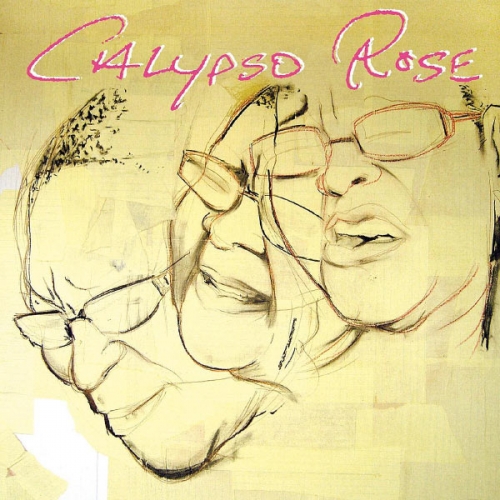
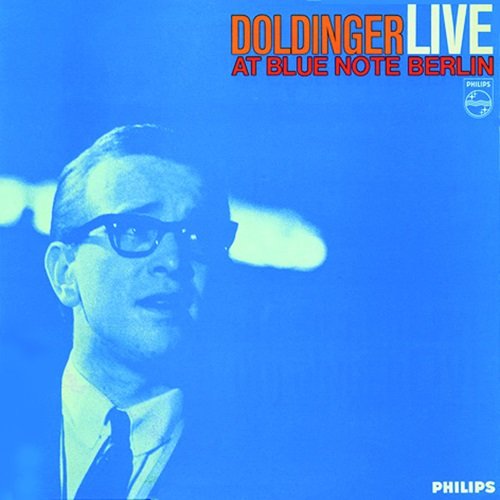
![Marius Neset - Time to Live (2026) [Hi-Res] Marius Neset - Time to Live (2026) [Hi-Res]](https://www.dibpic.com/uploads/posts/2026-02/1771945711_folder.jpg)
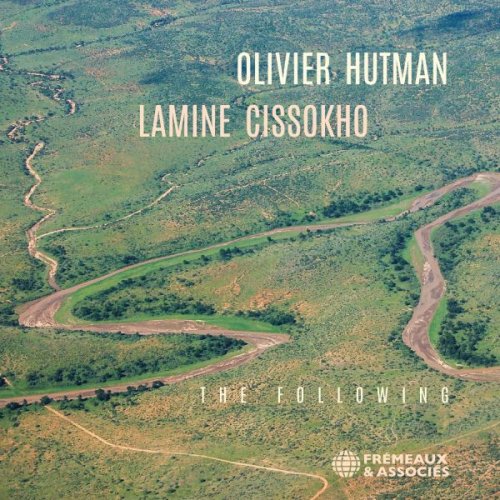
![Double Drums, Philipp Jungk & Alexander Glöggler - All You Can Beat (2026) [Hi-Res] Double Drums, Philipp Jungk & Alexander Glöggler - All You Can Beat (2026) [Hi-Res]](https://www.dibpic.com/uploads/posts/2026-02/1771946421_folder.jpg)
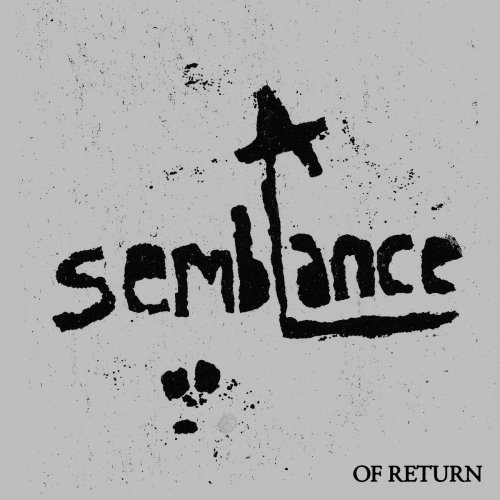
![Larry Coryell - Major Jazz Minor Blues (1998) [CDRip] Larry Coryell - Major Jazz Minor Blues (1998) [CDRip]](https://www.dibpic.com/uploads/posts/2026-02/1771860317_5.jpg)

